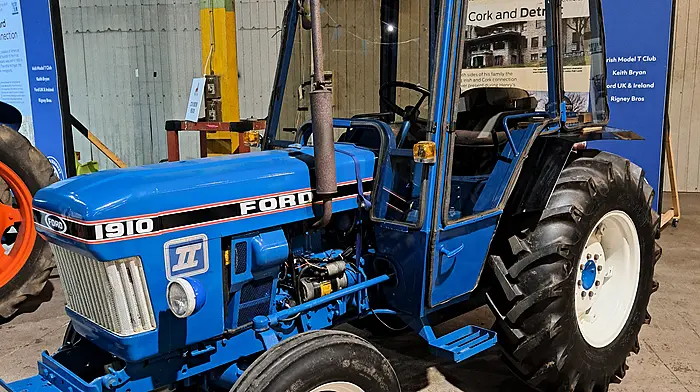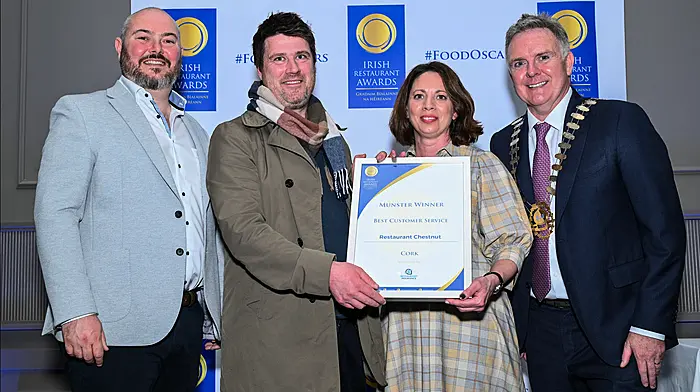WHEN this newspaper broke the news on Sunday that Ian Bailey had suffered a heart attack on a quiet Sunday afternoon on a street in Bantry, and was unresponsive after 20 minutes of CPR, it seemed, oddly, like the end of an era.
The end of the story about a man who had come here to make a fresh start and found himself, instead, in the eye of one of the biggest media storms of our time.
The end of a story that had held the attention, not just of Ireland, but of the world. But as the time settled and people began discussing the Sophie Toscan du Plantier murder case once more, it was obvious that it was more likely the beginning – the beginning of a real effort to try and give her family closure, once and for all.
Mr Bailey – a man who was one of the first to use the ‘prime suspect’ tag – but later wanted to reject it – was hugely controversial in West Cork. In the same way as a subject like migration or politics might divide a community, this Englishman had a similar effect on the people living here.
Theories on his guilt – or otherwise – divided many, and more so in recent years when big budget film studios and podcast makers descended on West Cork to give their own ‘take’ on the events.
Some film makers were hell-bent on believing his regular protestations of innocence, others not so sure. And both sides using the mystery behind one of the most high profile murder cases in Europe to catch, and keep, the attention of an almost insatiable audience.
There were books written, too, analysing the almost 30 years of investigations into the death of the slight, blonde Frenchwoman. Bailey even launched his own podcast last year, attempting to exonerate himself ‘in his own words’ as he put it.
Piled on this were all the interviews he so freely gave to anyone who asked, on top of the various social media platforms he embraced with an almost child-like enthusiasm, when he realised they also gave him unedited and uncensored access to the public to put his views across.
There is no doubt that in all the drama that surrounded Bailey wherever he went, the real tragedy of the story was almost lost: that a young and independent French woman, who chose West Cork as her sanctuary because she felt safe and loved here, was bludgeoned to death in her night clothes, just days before Christmas, apparently attempting to escape from a crazed killer.
The story had all the hallmarks of everyone’s worst nightmares – a woman alone in a cottage in an isolated and remote part of the west coast – attacked in a most predatory and horrific way. It’s no wonder that the lack of an immediate conviction meant the story was going to live long in many imaginations. Enter a tall, dark stranger – meeting all the criteria of the age-old cliché – who had a troubled past and a history of violence. Hollywood could not have written a better thriller.
The sad element of all this ready-made drama was that behind the myth and mystery is a family grieving the loss of a beautiful young woman, who by all accounts was also a very sensitive soul.
They made every attempt to find justice for her – and many of them have devoted their lives to doing just that. But events conspired to cheat them of that closure, and now with the not wholly-unexpected death of Ian Bailey, they appear to be no closer to the truth.
However, all the signs are that the re-examination of the case by the Irish authorities will continue and that there may even be a renewed effort by investigating officers to find a conclusion.
While the family applauded the French legal system for backing their theory that they had found the killer, when Bailey was convicted in Paris in 2019, there is a sense that what they really wanted was the Irish system to copper-fasten that finding.
There is now a very real sense that the Irish gardaí are not prepared to give up on one of Ireland’s most intriguing murder cases, just yet.










